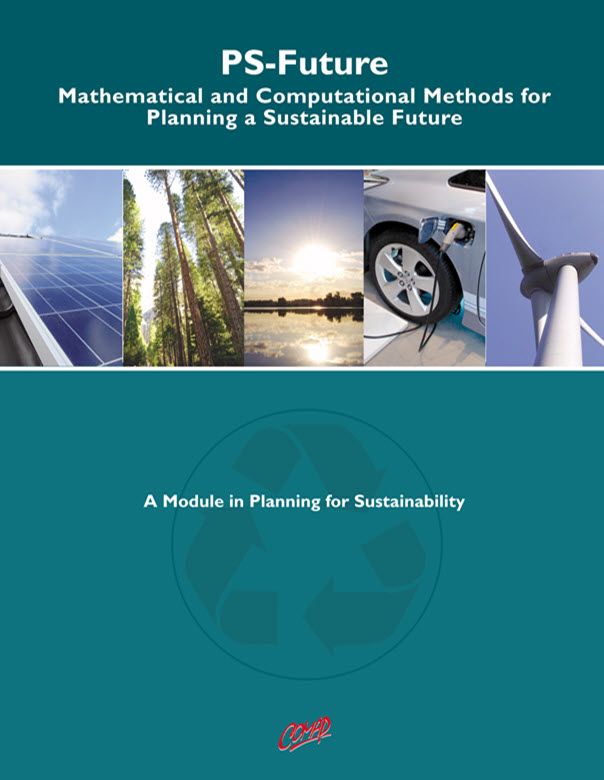Urban Sustainability (Student)
Author: Paul Kehle and Deepak Mishra
About This Module:
Urban Sustainability introduces basic concepts in the use of geographic information systems (GIS) to explore patterns of greenhouse gas (GHG) emissions both across and within US cities, as well as changes over time. Students also map heat in both urban and rural areas and consider links with land use and GHG emissions.
Summary
This unit provides an overview of the urban sustainability concept, importance of urban sustainability, indicators of sustainability and measures for achieving urban sustainability. This unit also serves as an opening for the other units and how each unit contributes to establishing urban sustainability. After an initial class discussion and discussion of a homework prompt, the module provides some background reference summaries on greenhouse gasses, the carbon cycle, and urban heat islands; these can be used as needed to extend the classroom discussions; the core of the module follows these summaries and consists of activities 1.1, 1.2, and 1.3; a suggested module assessment follows the activities.
About the PS-Future project and its modules
The PS-Future project is a collaboration led by Rutgers University involving the Center for Discrete Mathematics and Theoretical Computer Science (DIMACS), the School of Environmental and Biological Sciences, and Heldrich Center for Workforce Development at Rutgers University; the Consortium for Mathematics and its Applications (COMAP); Colorado State University; the Groton School; Hobart and William Smith Colleges; and a number of authors and educators from around the country.
The modules are intended to provide 4-6 days of classroom activities on a variety of topics that apply computational and mathematical methods in sustainability. Each module links to Common Core State Standards (CCSS) in Mathematics and targets content for a particular mathematics course. Each module also addresses disciplinary core concepts required by the Next Generation Science Standards (NGSS), especially targeting concepts taught in Environmental Science and Biology courses. The modules are also particularly suited to address Practice Standards for both mathematics and science.
Each module contains examples of jobs related to the module topic, together with a discussion of the skills and training required, as well as information on the salary and future demand for such jobs. In many cases, specific job titles are mentioned within the modules.

Mathematics Topics:
Application Areas:
You must have one of our Free Memberships or a paid Full Membership to download this resource.
If you're already a member, login here.